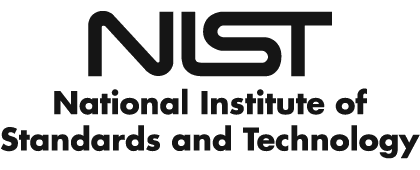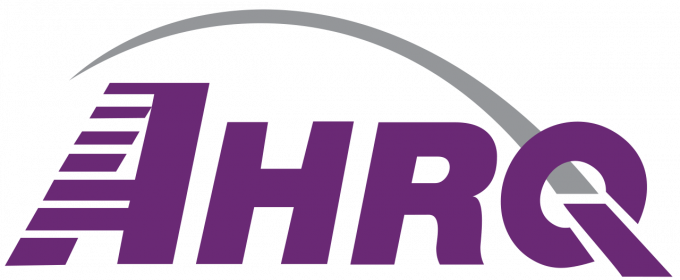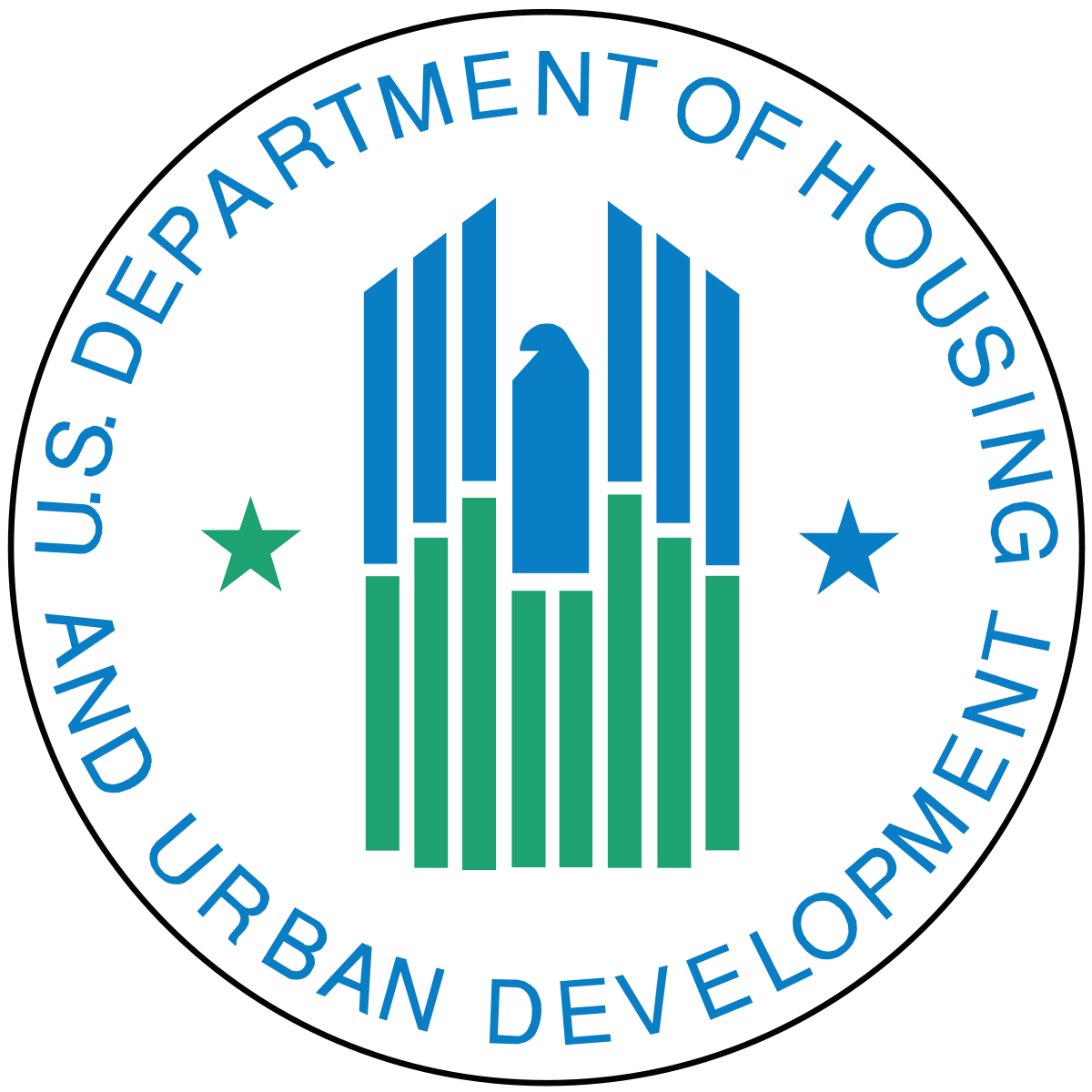Summit’s program implementation team delivers data-driven intelligence to public and commercial clients to help them evaluate and improve their policies and programs. We collect and analyze data through a variety of methods to answer questions about how well and how effectively programs are working. Evaluating the efficacy of programs is crucial in the federal sphere to ensure that federal dollars are spent wisely, and the Evidence-Based Policymaking Act aims to ensure programs achieve outcomes relevant to their missions.
We utilize both quantitative and qualitative data to answer such research questions as: How do you know if your program (or program modification) is achieving its mission? If program outcomes aren’t meeting expected goals, what isn’t working? What can be improved to increase program efficacy? By rigorously testing which programs and interventions are most effective at achieving important goals, the government can improve its programs, scale up the approaches that work best, and discontinue those that are less effective. Click the image below to watch our webinar on designing an effective program evaluation.
We perform a variety of analytics.
We assess the feasibility of a program before implementation.
We examine whether programs have been implemented as intended.
We measure program effectiveness based on the target outcomes.
We evaluate the program’s overall effectiveness in achieving the program goals.
Clients


U.S. Small Business Administration

National Institute of Standards and Technology

Agency for Healthcare Research and Quality

U.S. Department of Agriculture Food and Nutrition Service

U.S. Department of Labor

Consumer Financial Protection Bureau

American Heart Association




%20MC%20v1.3-1.png?width=900&height=450&name=The%20Alchemy%20of%20Program%20Evaluation%20(2060x1080px)%20MC%20v1.3-1.png)